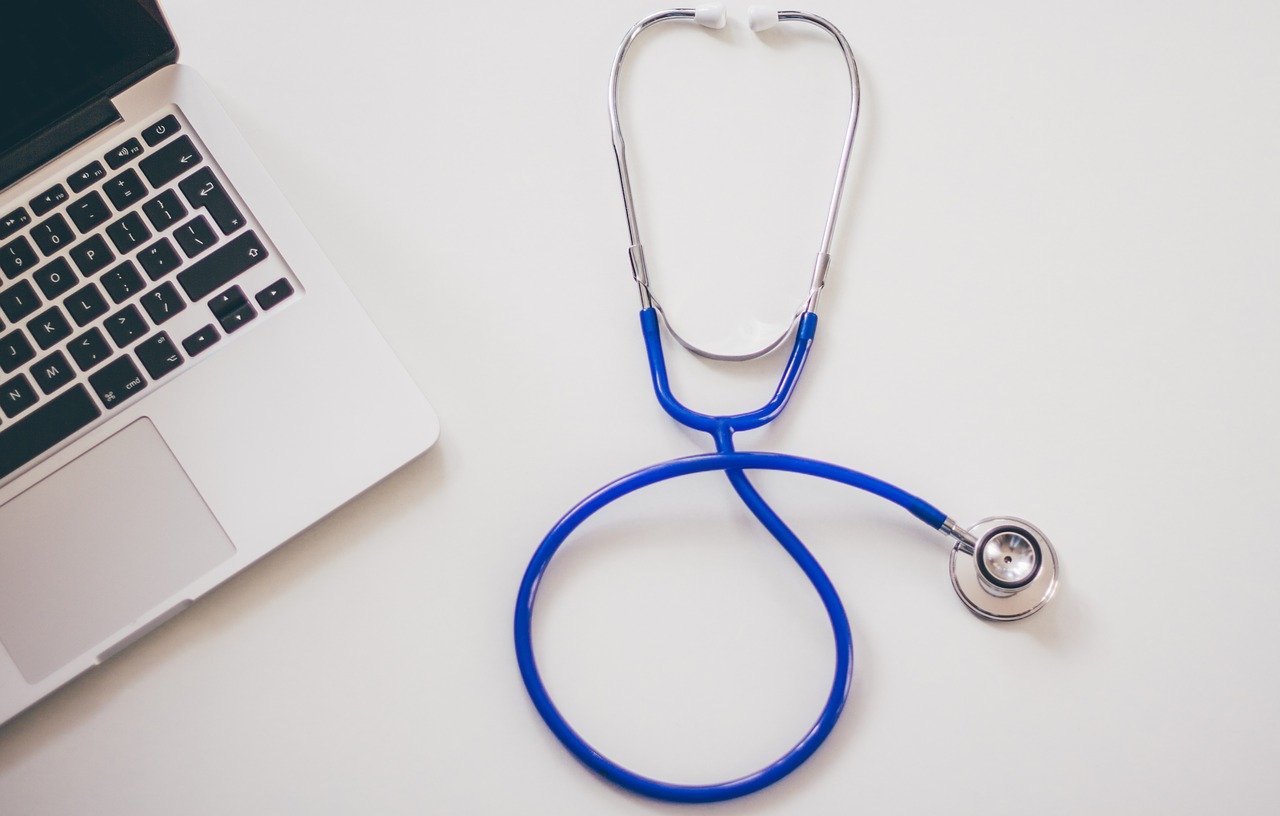The pandemic has been difficult financially for everyone from retirees to millennials. One of the issues that has come up has been money lost to monthly services that weren’t used, particularly during the early days of the pandemic when businesses were forced to close. For example, many people with gym memberships quickly noticed that they were still charged each month even when the facility had closed and they were no longer able to go there. Calls to the gym were of little use considering that no one was working, so some people were charged for several months. Even when they reached someone at the gym, there was often nothing that could be done. Luckily, there are some steps you can take to reclaim the money you lost, even now.
How a Chargeback Can Help You Reclaim Money
The primary tool for recouping your money is called a chargeback, assuming that the charge went on a credit card. Most people think of chargebacks as a tool for combatting fraudulent charges on a credit card, but the Fair Credit Billing Act lets cardholders use it to dispute charges for goods and services that were not delivered as agreed or that were not accepted. Due to COVID-19, chargebacks have increased by 25 percent as people seek to reclaim lost money for canceled events and services that were not rendered.
However, there is a catch: your window for making a claim is typically 120 days. Importantly, that window does not apply to the date of the charge, but rather when the service was expected. If you purchased a flight for 2021 while still in 2020, for example, you have 120 days from the date of the flight, not the charge.
Importantly, a chargeback is not always the faster or even easiest solution when an issue has arisen due to the pandemic. Because the number of chargebacks has dramatically increased and the number of personnel at credit card companies has remained the same, the chargeback process can take quite a lot of time. This means that you should not expect any sort of immediate resolution, especially as the pandemic continues.
The other issue to keep in mind is that no one can double dip. In other words, if an airline issued you a credit for a flight you never took and you accepted it, you cannot then pursue a chargeback. You will end up losing the chargeback dispute and could also lose the credit that was issued by the airline.
Attempt to Resolve the Problem with the Merchant
Given the limitations of the chargeback solution, it often makes sense to attempt a settlement with the merchant directly before filing. In fact, the Fair Credit Billing Act requires you to contact the merchant to resolve the charge before filing, as this is in the best interest of both you and the seller. The merchant will reimburse you faster than the chargeback process in most cases, and sellers are happy to avoid the costs involved with this process. Typically, a company pays three times the amount of the chargeback. Many merchants, including airlines, have created new policies to deal with the issues caused by COVID-19. Ask to escalate the problem before you pursue a chargeback.
If your good-faith attempts at a settlement go nowhere, then you can consider a chargeback. Keep track of everything that you do during this process, including who you talked to, when, and the outcome of the conversation. Having these details will help in the chargeback process. You should be able to show that you attempted to contact the merchant by phone and e-mail, or perhaps even through social media. If you receive any correspondence, keep a copy of it. Having notes about every effort you have made to recoup your money can expedite the chargeback process. Sometimes, these cases turn into both parties pointing fingers at each other, so documenting all conversations is the best way to prove your case.
Make Sure You Know the Chargeback Rules
You should also investigate the rules surrounding a chargeback at your financial institution before starting the process. The specifics can change, so it is important to figure out what your bank wants. Also, the language used in the claim is extremely important. Make sure you stay consistent. A charge cannot be fraudulent if you authorized it. If you contradict yourself in the claim, it will likely get denied. In general, the charges disputed due to COVID-19 are authorized if the product or service was simply not delivered. If you can go to your bank in person to talk about the process, this can be the easiest path forward. Cutting down on human error helps eliminate the headaches that can be involved with the process and avoids the case getting rejected for an avoidable problem.

